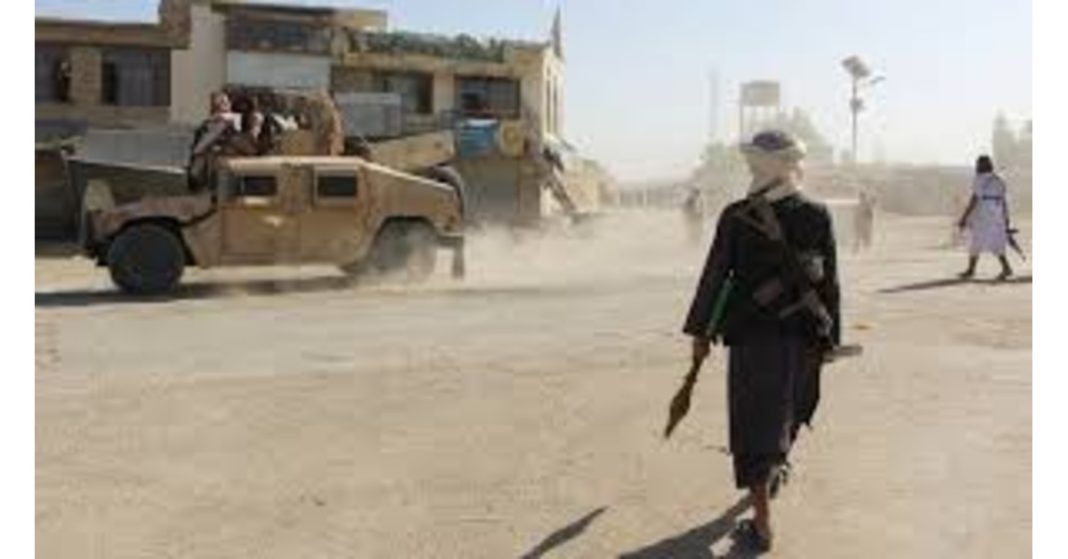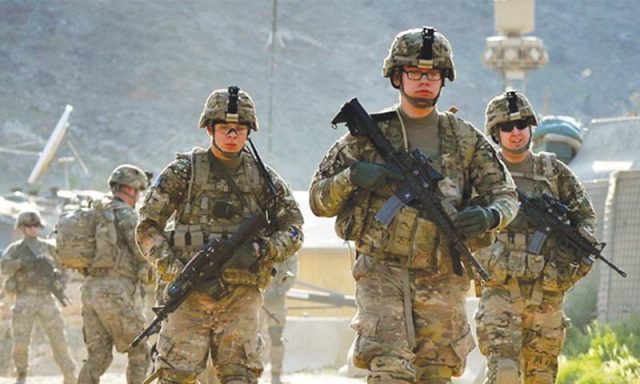The world has welcomed the temporary ceasefire between Pakistan and Afghanistan after days of escalating border violence. However, confusion surrounds who initiated the truce — both claim the other side called for the ceasefire. Official statements from both governments have shifted responsibility, leaving questions over who truly sought peace first.
The UN mission in Kabul on Thursday welcomed the ceasefire agreement between Afghanistan and Pakistan, according to an official statement.
Afghanistan and Pakistan on Wednesday agreed to a 48-hour ceasefire following renewed border clashes between the two sides since Tuesday night.
The UN Assistance Mission in Afghanistan (UNAMA) called on all parties “to bring a lasting end to hostilities to protect civilians and prevent further loss of life, and reminds all parties of their obligations under international law to comply with the key principles of distinction, proportionality, and precaution to prevent civilian casualties.”
Pakistan and Afghanistan agreed to a temporary ceasefire on Wednesday after airstrikes and ground fighting ramped up tensions between the South Asian neighbours, leaving more than a dozen civilians dead and 100 wounded.
Wednesday’s fighting along the volatile, contested frontier shattered a fragile peace after dozens were killed in weekend clashes, the worst between the two Islamic countries since the Taliban seized power in Kabul in 2021.
The recent friction between the former allies erupted after Islamabad demanded that the Afghan Taliban administration act to rein in militants who had stepped up attacks in Pakistan, saying they operated from havens in Afghanistan.
The Taliban denies the charge and accuses the Pakistani military of spreading misinformation about Afghanistan, provoking border tensions, and sheltering ISIS-linked militants to undermine the country’s stability and sovereignty. Pakistan’s military denies the charges.
BOTH SIDES TO AIM DURING THE CEASEFIRE TO EASE THE CRISIS
Afghan Taliban administration spokesperson Zabihullah Mujahid said the ceasefire was due to the “insistence of the Pakistani side.”
Kabul had directed its forces to observe the ceasefire provided the other side does not commit aggression, he said.
Earlier on Wednesday, Pakistan carried out an airstrike on the Afghan border province of Kandahar and hit the town of Spin Boldak, officials in both countries said.
A key Gulf state offers to host Pakistan-Afghanistan talks amid fragile truce
A major Gulf state has reportedly offered to host peace talks between Pakistan and Afghanistan during a temporary ceasefire. According to sources, Taliban representatives could be led by GDI chief…
— Sami Yousafzai سمیع یوسفزي (@SamiYousafzaii) October 15, 2025
Pakistani security officials said the airstrike had targeted a brigade of Afghan Taliban troops and that dozens were killed, without corroborating the claim.
Enayatullah Khowarazmi, Afghanistan’s defence ministry spokesperson, said residential areas of Spin Boldak were hit. Pakistan carried out another airstrike in Kabul, the officials said. It was not clear what the target of the strike was in Kabul.
هرچند اکثریت مردم افغانستان طالبان را بهعنوان یک رژیم مشروع، مسئول و نمایندهٔ واقعی مردم نمیپذیرند، اما تجاوز اخیر پاکستان برای نخستین بار در چهار سال گذشته، افغانها را در یک موضع ملی واحد گردهم آورده است.
طالبان باید از این لحظهٔ حساس و ملی استفاده کنند و با فراخوانی یک لویه…
— Sami Yousafzai سمیع یوسفزي (@SamiYousafzaii) October 16, 2025
Rifts Deepen Within Taliban Leadership
According to a report published in Arab News PK, the deadly clashes between Pakistan and Afghanistan have placed the Taliban administration in Kabul under immense internal strain. The piece argues that the Taliban regime was already divided between the dominant Kandahari faction, which controls the movement’s leadership and religious authority, and the Haqqani network, which holds influence in Kabul and eastern Afghanistan.
The report suggests that the ongoing border tensions could widen the rift between these factions, especially as the Haqqani group—seen as more pro-Pakistan due to long-standing ties—has appeared less involved in the current conflict.
Veteran journalist Sami Yousufzai noted that the clashes are as much about political legitimacy as border management. “The Taliban wants to get rid of the perception that it operates under Pakistan’s influence,” he said, adding that while militarily weaker, the Taliban has gained political capital at home by showing it can resist Pakistan.
“سیز فائر صرف افغانسان کے کہنے پر نہیں ہوا بلکہ ۔۔۔”
ڈاکٹر عادل نجم نے اہم باتیں بتادیں#ARYNews #Khabar pic.twitter.com/YeNJ49PLdV— ARY NEWS (@ARYNEWSOFFICIAL) October 15, 2025
Other analysts echoed this sentiment, warning that extended fighting could backfire on the Taliban leadership, while powers like China, Saudi Arabia, and other Gulf states may step in to mediate.
Read more: PAF Strikes Kabul | Pakistan Confirms Precision Attacks in Afghanistan
Speaking to ARY News, political analyst Adil Najam welcomed the ceasefire between Islamabad and Kabul, urging both sides to continue negotiations. “Pakistan has already demonstrated its strength and has nothing to lose,” Najam said, emphasizing that Islamabad operates from a position of power and has no interest in seizing Afghan territory.
When asked about India’s potential role in escalating tensions, Najam said such claims remain unverified but cannot be entirely ruled out, given the regional power dynamics and the challenges faced by the Taliban, including the weak economy and legitimacy issues.
It is noteworthy to mention that the Pakistan-Afghanistan border tensions escalated during Interim Afghan Foreign Minister Amir Khan Muttaqi’s visit to India. He added that Pakistan should be looking forward to delinking Afghanistan and India.
CHINA, RUSSIA, US ALL EXPRESS CONCERN OVER CLASHES
Last week’s clashes drew international concern, with China urging protection for its citizens and investments, Russia calling for restraint, and U.S. President Donald Trump saying he could help end the conflict.
The latest skirmishes coincided with Afghan Taliban Foreign Minister Amir Khan Muttaqi’s first visit to Pakistan’s arch-rival, India, during which New Delhi said it would reopen its Kabul embassy and the Afghan Taliban said it would send its diplomats to India.
It said at least 18 civilians have been killed and dozens of others injured on the Afghan side in the latest clashes.
With Additional Inputs from GVS South Asia Desk














